Frederica Freyberg:
Which patients are getting priority treatment for COVID-19? The unvaccinated or the fully vaxxed, even if patients in that latter category might be at high risk? And are the decisions fair or right? These are questions for a medical ethicist. We are joined by one now. Karola Kreitmair is an assistant professor of bioethics at UW-Madison. She joins us. Thanks for being here.
Karola Kreitmair:
Thanks for having me.
Frederica Freyberg:
Are there priorities hierarchies for who gets treatment even aside from COVID?
Karola Kreitmair:
Well, yeah. Sure. And if you’re in the ER and you’re taking care of someone with a scraped knee and then suddenly a trauma casualty comes in, it makes no sense to continue taking care of the scraped knee when someone is in sort of life-threatening condition. Or with organ allocations for organ transplantation, there are priorities given to those who are likely to die without the organ over those who have more of a chance of surviving for longer without. So we generally tend to prioritize individuals who have the greatest need even outside of COVID.
Frederica Freyberg:
So in a perfect world, anyone who needed it would get the treatment they need, like an ICU bed. But in the COVID-19 reality right now, who is getting ICU care?
Karola Kreitmair:
Well, in the COVID-19 reality, the first thing that has happened is that ICU beds are sort of — the pressure on ICU beds is reduced by cancelling operations, not accepting transfers in, treating patients on the floor rather than in the ICU. And so that all comes with costs. Obviously when an operation is cancelled, over time a condition that might not have been life-threatening could end up being life-threatening. So this is sort of the first stage of what to do about ICU beds in the COVID-19 world. And then the second stage is really when these crisis standards of care are implemented. This is when hospitals implement specific policies where they decide how to prioritize patients for things like ventilators and ICU beds. I think every bioethicist in the country has been thinking about these issues over the last two years and has come up with a — helped to come up with a policy for a hospital. And the two principles that we’ve really found are most important here are save the most lives, so generate the most benefit from the resources that you have, and don’t exacerbate existing social inequalities.
Frederica Freyberg:
So as to COVID patients, are there or should there be given priority to patients who “did the right thing” and got vaccinated and boosted?
Karola Kreitmair:
No, because medicine is not, nor should it be, the moral arbiter of deservingness, right? If someone comes in with a heart attack because they didn’t listen to advice and continued to eat cheeseburgers or didn’t run on the treadmill, we don’t say, “Well, tough, that was your own fault.” No, we treat people based on what they need. Same with addiction. We’ve learned that addiction is better conceptualized as a disease rather than people making really stupid decisions for no reason. So it’s the same with vaccination status. We shouldn’t be blaming people for their lack of vaccination status or their lack of vaccination. If we want to blame someone, we should be blaming those people who are spreading lies and misinformation that is causing people to think that they are better off if they’re unvaccinated.
Frederica Freyberg:
So similar to that, why would unvaccinated patients be in line for new treatments, the pill that’s just out, over vaccinated patients?
Karola Kreitmair:
Yeah. So like I said with the allocation of critical care resources, we want to give the resources to individuals where they can have the most benefit. And if someone is going to get very sick from COVID, they’re likely to take up a lot of our resources, maybe take up an ICU bed and that would be bad for everyone. So prioritizing unvaccinated individuals in some cases means that those people who are most likely to get sick, most likely to take up resources don’t end up taking that resource and then it ends up being better for everyone. So in a sense it makes sense from a societal level perspective.
Frederica Freyberg:
Things are happening so fast obviously in health care right now with this pandemic. So these kinds of triage decisions are being made on the spot, I imagine. Would you suggest changing that?
Karola Kreitmair:
Well, it’s hard because talking about triage makes it sound like there’s a point when we don’t do triage and then we step over into the realm of triage. But triage occurs kind of all the time. And when we don’t have these explicit policies that give providers the guidelines on how to be making these decisions and kind of take some of these decisions out of their hands, we’re really forcing the bedside nurses and doctors to make some of these decisions and they’re not in the best place to make these decisions, nor should they. That’s not part of what it means to act as a nurse or a doctor. So I do believe that if there were more leadership from central places, state or federally, on what the protocols should be that should be implemented in these situations, we would have more ethical outcomes.
Frederica Freyberg:
All right. Very interesting stuff. We could speak a lot longer. But, professor, thanks very much.
Karola Kreitmair:
Thanks. Thanks again.
Search Episodes
News Stories from PBS Wisconsin

Donate to sign up. Activate and sign in to Passport. It's that easy to help PBS Wisconsin serve your community through media that educates, inspires, and entertains.
Make your membership gift today
Only for new users: Activate Passport using your code or email address
Already a member?
Look up my account
Need some help? Go to FAQ or visit PBS Passport Help
Need help accessing PBS Wisconsin anywhere?

Online Access | Platform & Device Access | Cable or Satellite Access | Over-The-Air Access
Visit Access Guide
Need help accessing PBS Wisconsin anywhere?

Visit Our
Live TV Access Guide
Online AccessPlatform & Device Access
Cable or Satellite Access
Over-The-Air Access
Visit Access Guide
 Passport
Passport



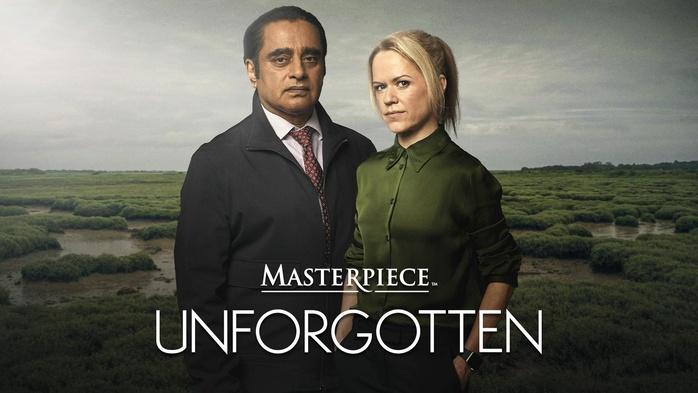

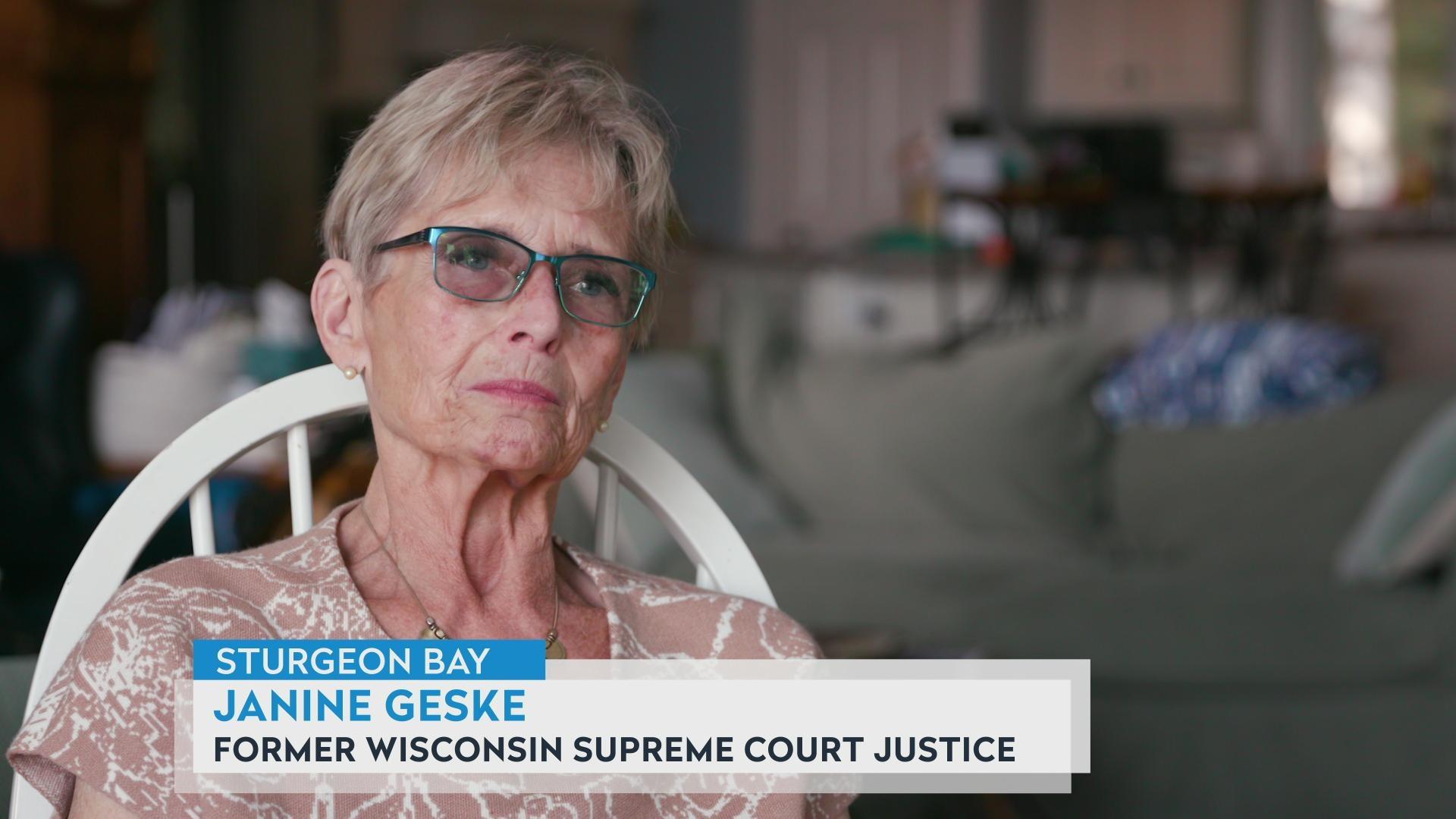
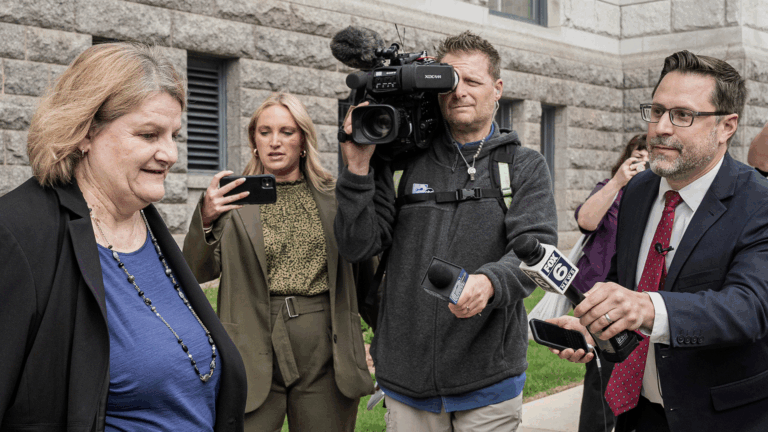
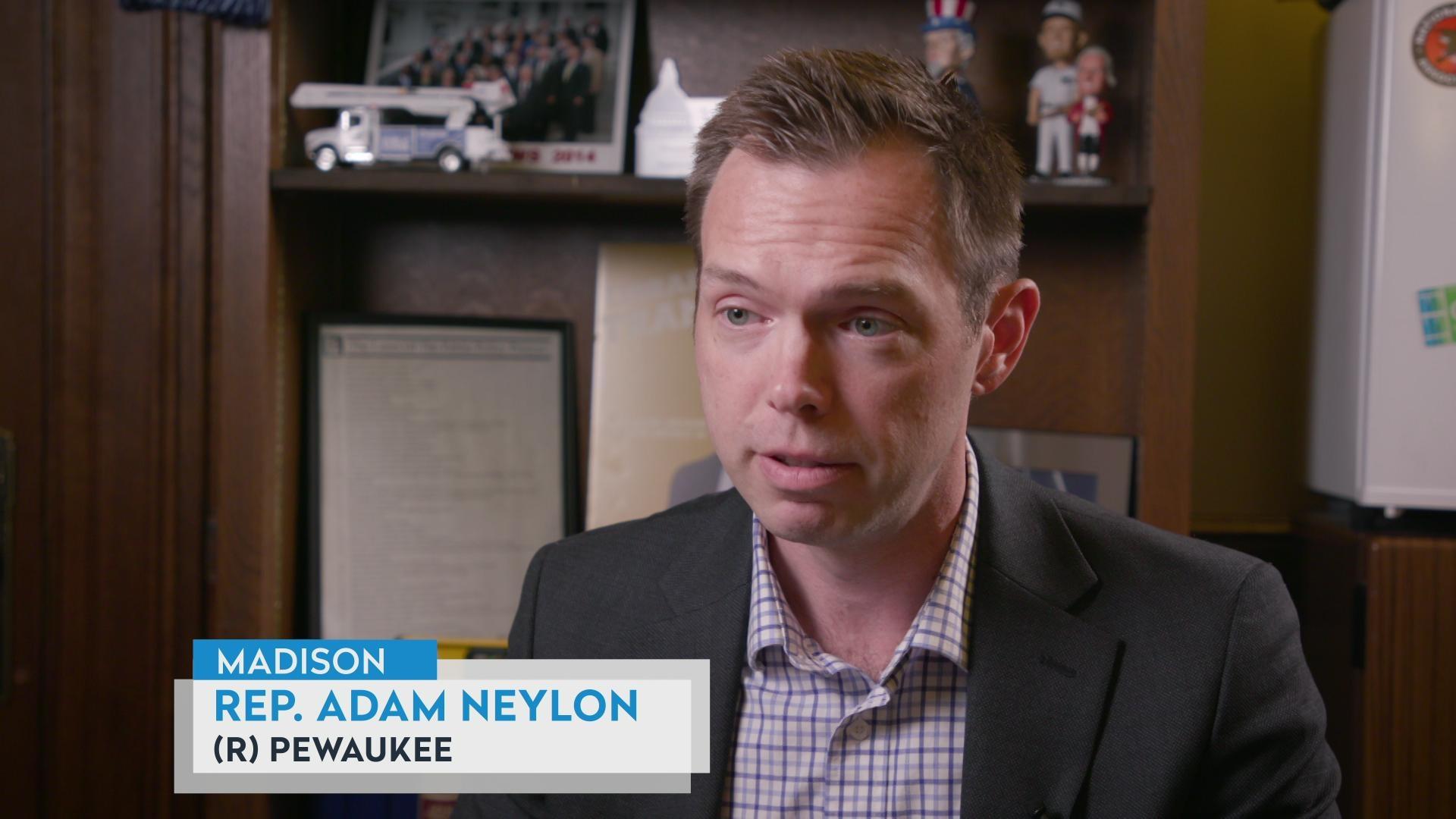
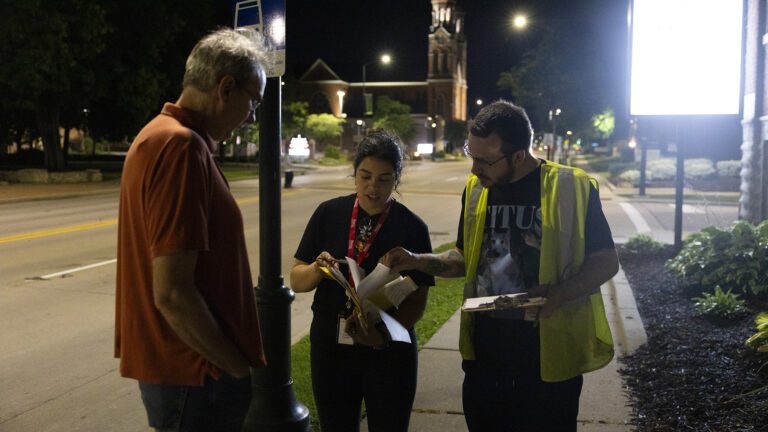

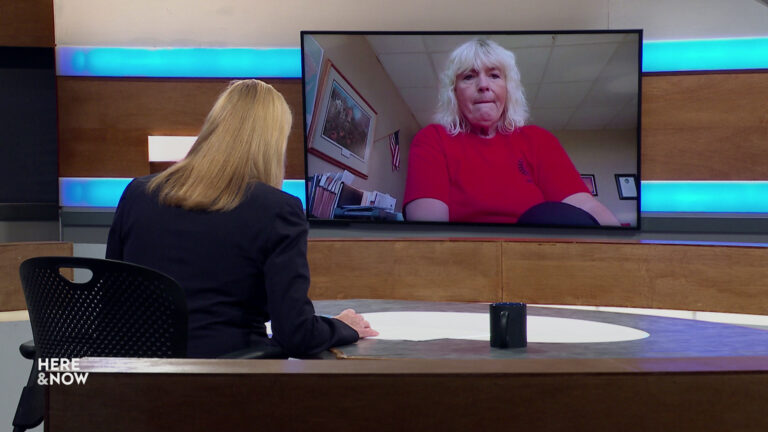
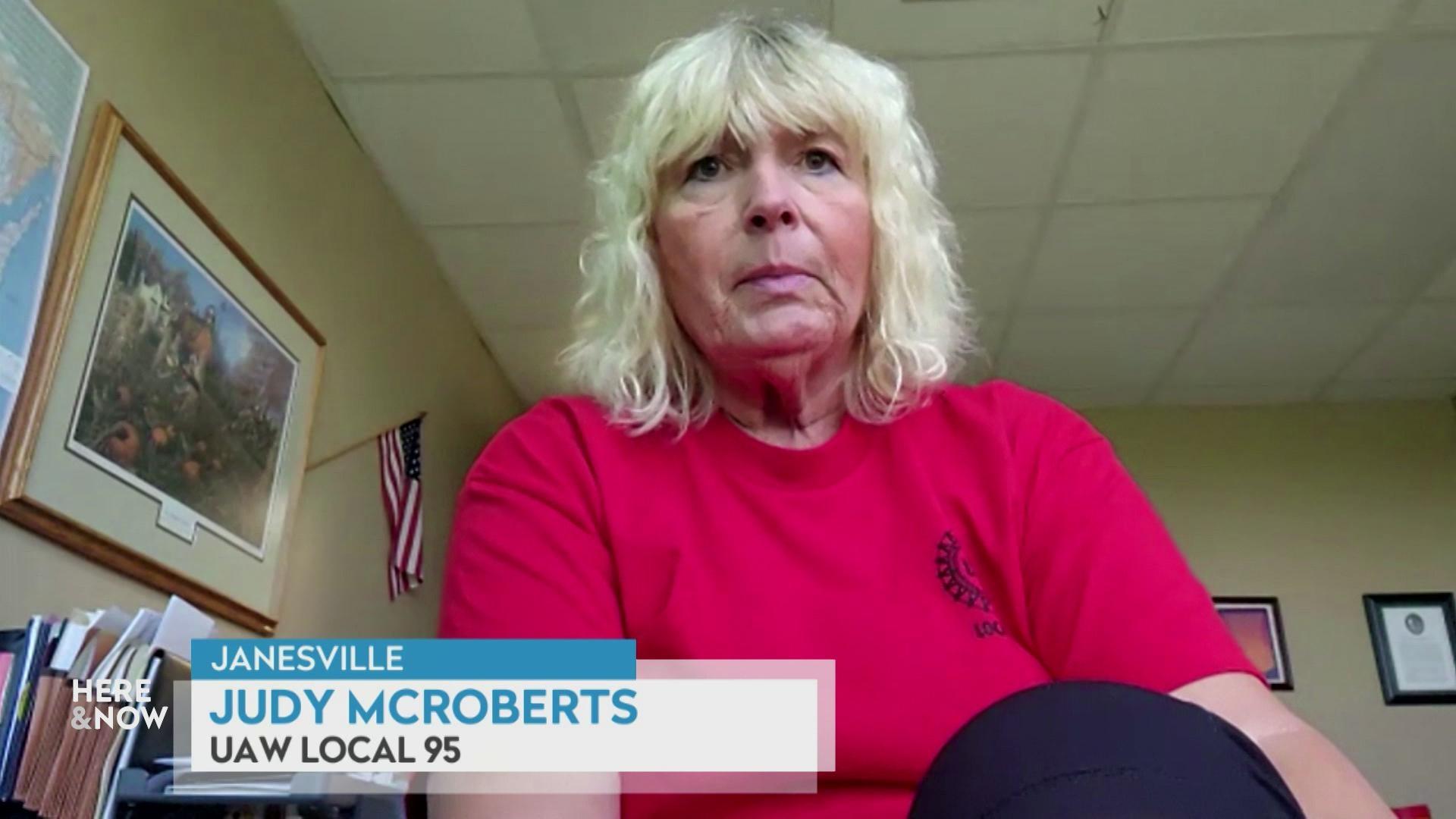
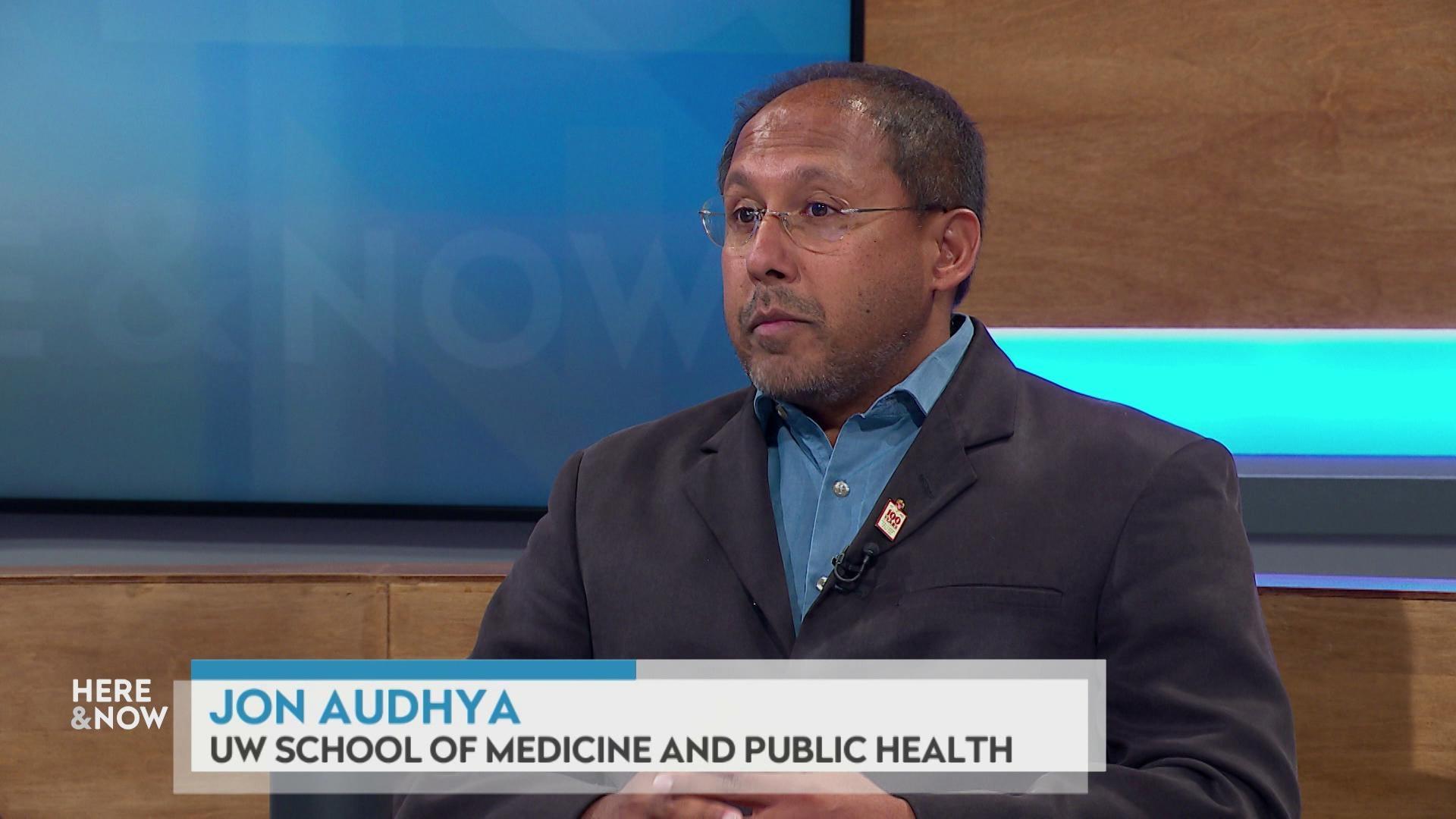
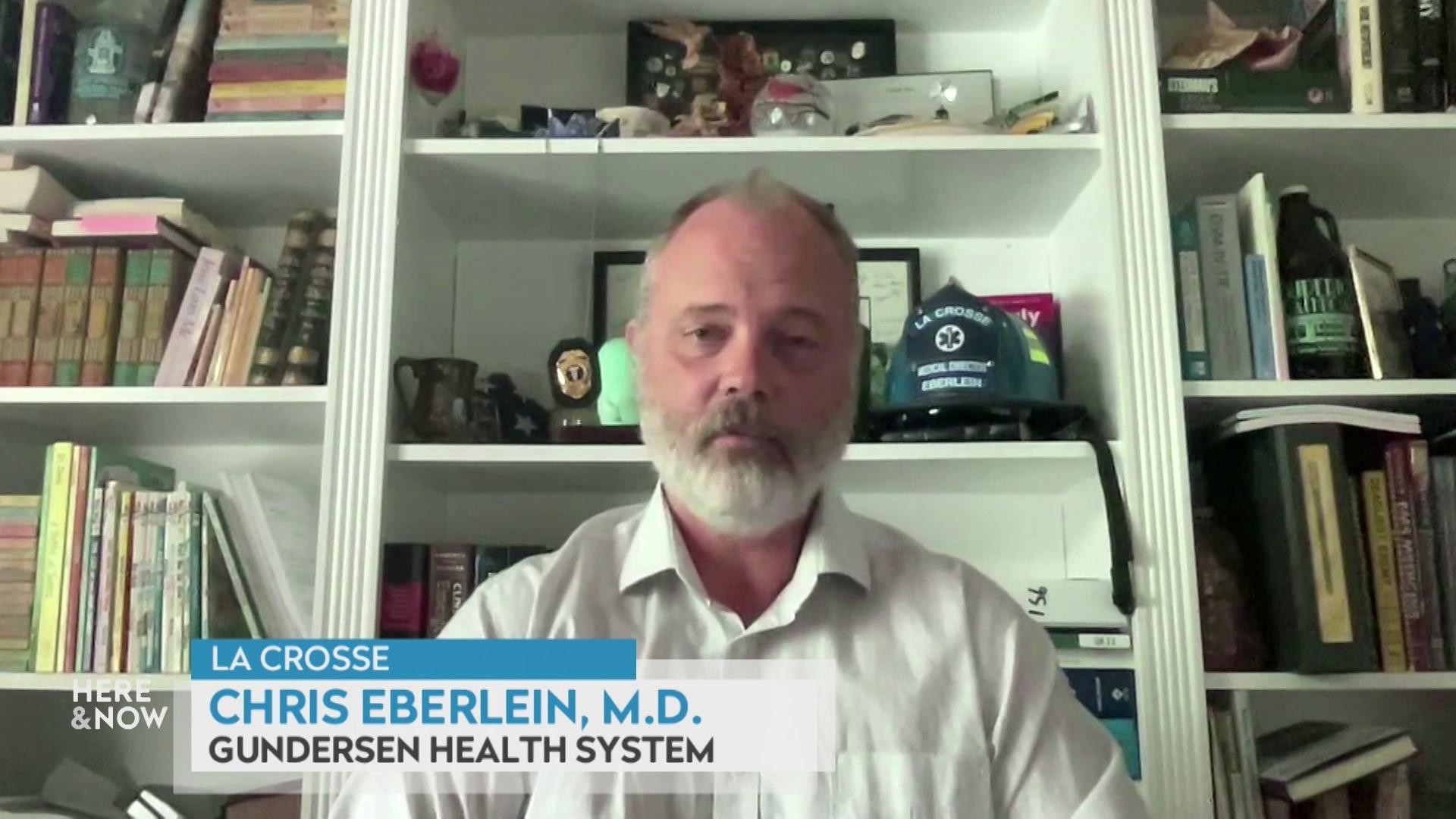
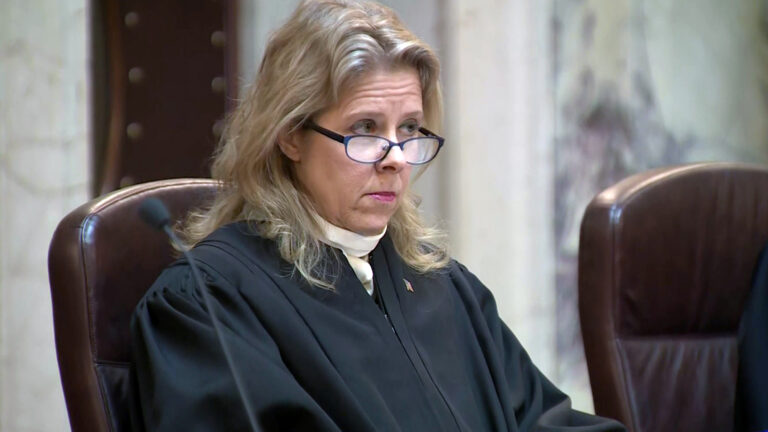



Follow Us